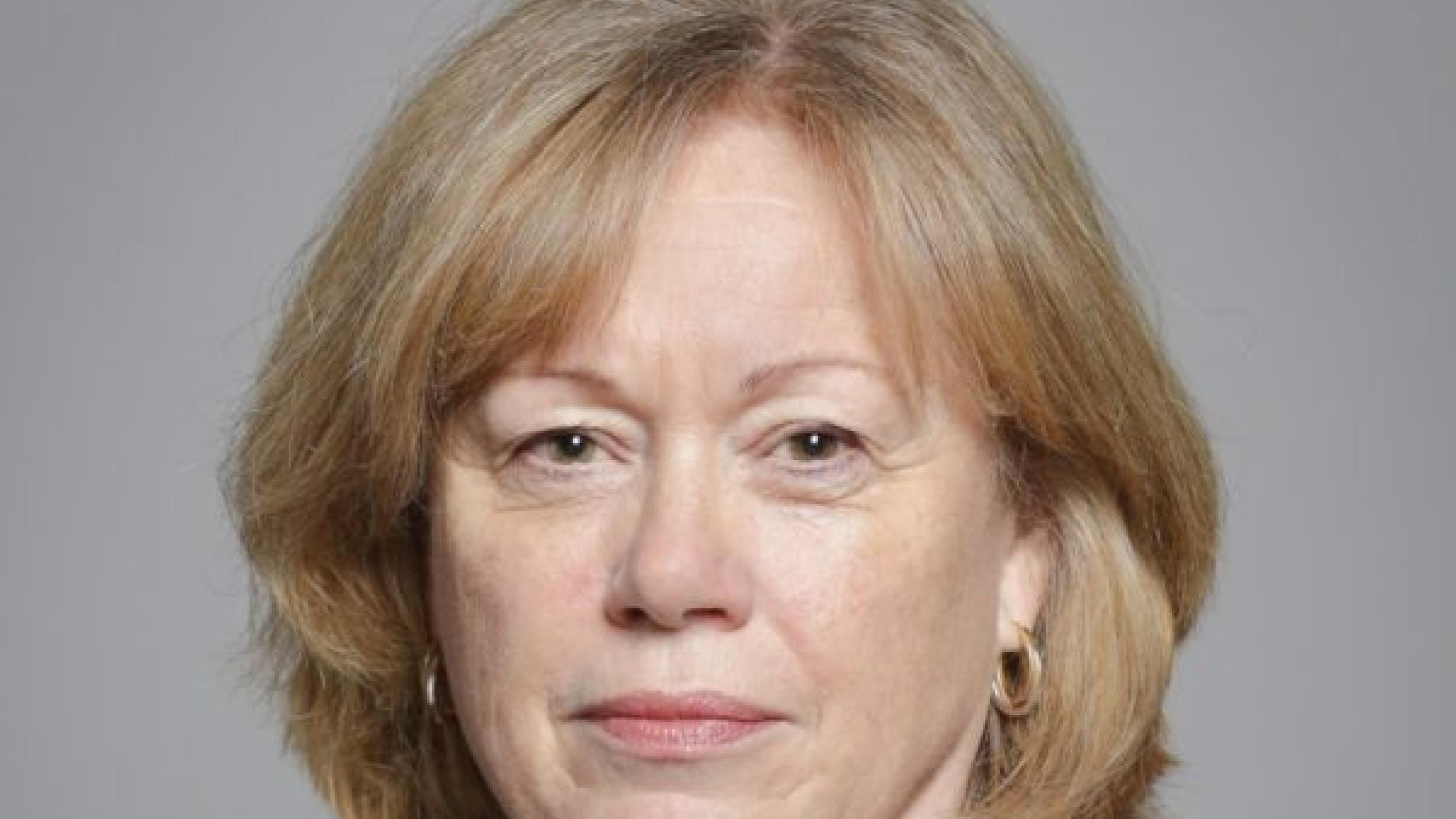
Since its publication, MMF has received incredible feedback, including the need to update the H&S Act of 1974, and consider new ways such as mandatory training to empower and protect our crews.
Last week, Baroness Angela Smith, the Labour leader of the House of Lords raised questions in the House, on the serious health and safety issues that need to be addressed. In response we now have a meeting with the Minister to see how the Government can take this forward.
She highlighted during her impactful speech statistics from the recent MMF/Bectu survey, saying ‘Three quarters of those who work in this industry said that their safety or that of a colleague had been compromised. Most who had reported incidents wanted to remain anonymous for fear of losing future employment and too many people who have responsibility for health and safety do not have the necessary qualifications or experience.’
The Baroness went on to assert that ‘Those that work in this industry deserve more. Could this be addressed through more effective monitoring and inspections, or is fresh guidance or new legislation needed? Are the existing training requirements adequate and how are they assessed? Why can’t this apply to UK employed staff working in other countries? So, it’s not just about money – so much effective work could be done in terms of the above issues and the will, commitment, and support from both the industry and Government, it could make a real difference.’
In response to the enthusiastic debate, MMF are calling for a cross party strategy to protect and empower those working in the film and TV sector through updating of the law, enforcement of training and a renewed focus on accountability.
An excerpt from Angela's powerful speech is below. Arts - Hansard - UK Parliament
Full Speech
Baroness Smith: “The TV and film industry certainly plays its part. The 2023 annual census by the Producers Alliance for Cinema and Television revealed that, as they recovered from the pandemic, TV sector revenues increased by more than 20% in 2022 to nearly £4 billion, despite the difficult economic challenges faced. That is largely due to the world-class skills of our production teams.
In celebrating that contribution, which inspires and entertains us, we have a duty to look at how we can support and protect those working in the TV and film industry. There are many issues affecting those who work in the wider creative arts industries. I know from the 10 years when I chaired the Production Exchange charity that few earn large salaries; that self-employed and contractual work can be erratic; and that, for many, there is little job security. There are also serious health and safety issues to be addressed.
I thank the TUC, as well as the trade unions BECTU and Prospect. I am especially grateful to the Mark Milsome Foundation for the information and advice it has provided. Mark Milsome was well known in the film industry as an experienced, inspirational, innovative and talented cinematographer. The films on which he worked—“Little Voice”, “Four Weddings and a Funeral”, “Brassed Off”, “The History Boys”, “The Constant Gardener” and many more—are known to us all. In 2017 he was killed in Ghana when a stunt he was filming went horribly, tragically and fatally wrong. Three years later, in his ruling of this as an accidental death, the coroner declared that
“the risk of Mr Milsome being harmed or fatally injured was not effectively recognised, assessed, communicated or managed”.
That is shocking. It is also devastating as it is clear that this could and should have been prevented. For many in the film and TV industry, their work may also be their passion, but it is still a job and they deserve no less consideration because of that.
Mark’s case is not an isolated one but it is one of the most serious. I pay tribute to his family, his colleagues and his friends, who have set up a foundation in his name to help protect others. Three-quarters of those who work in this industry have said that their safety or that of a colleague had been compromised. Most who had reported incidents wanted to remain anonymous for fear of losing future employment, and too many people who have responsibility for health and safety do not have the necessary qualifications or experience. Yet, because of cuts, the Health and Safety Executive has 500 fewer inspectors today than in 2010, so there are fewer inspections and the issuing of fewer notices that would lead to improvements being made. That has a direct and possibly disproportionate impact on the arts sector, where there is unlikely to be an HR department on specific projects and it is unlikely that producers have the training to be fully competent to do risk assessments. Those who work in this industry, which brings us so much pleasure, deserve better.
Sometimes, small changes can bring about great improvements. We need to ask ourselves some questions; I hope to discuss them further with the Minister. Could this issue be addressed through more effective monitoring and inspections, or are fresh guidance and legislation needed? Are the existing training requirements adequate and how are they assessed? Why can this not apply to UK staff who are employed in the UK but work in other countries? It is not just about money; so much effective work could be done on the above issues. The will, commitment and support from both the industry and government could make a real difference and save lives. I hope that it will be possible for the Minister and I to meet campaigners to discuss this.”